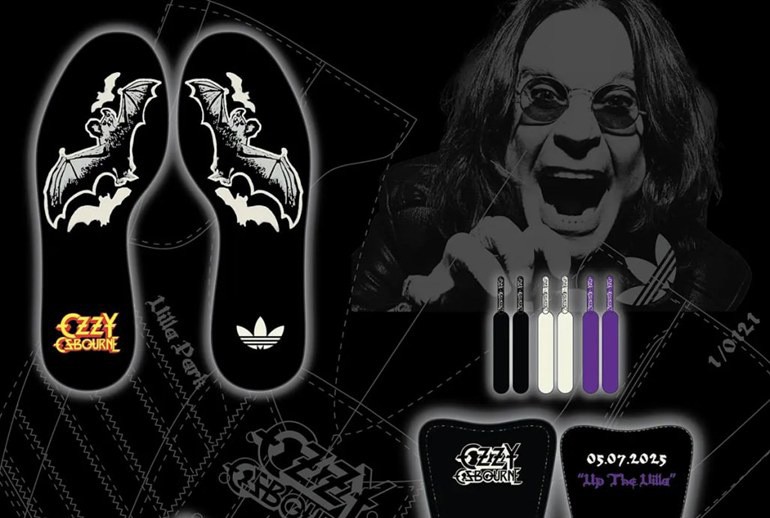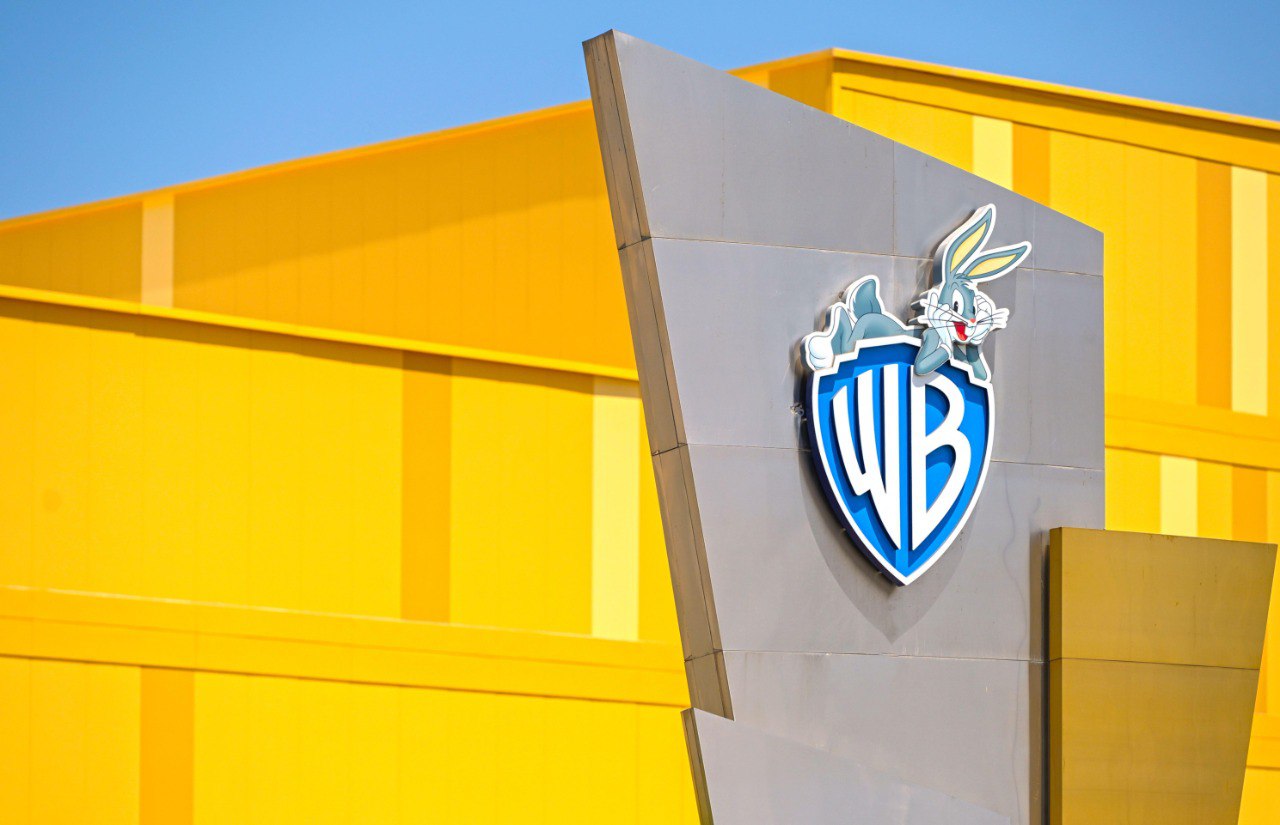Dier Mirzaakhmedov is the chairman of the Marketing Association of Uzbekistan, an entrepreneur with 27 years of experience, one of the main engines of the marketing industry in the country. He is behind such flagship projects as the Brand of the Year Award, the forum MAKON, festival TAF! and marketing week ADWEEK. In an interview, he told whether Uzbekistan can create an iconic brand, how the brand value affects business and what to expect from the Marketing Association of Uzbekistan in the near future.
Miley: Is the Marketing Association of Uzbekistan more about promotion or influence? What "game" do you play?
Dier Mirzaakhmedov: Our main goal is to unite. Bring together those who live in marketing: marketers, business owners, students, even ordinary users. We create a professional community in which you can grow, check with the industry, and understand what level you are at. Contests, ratings, and awards are not about shows. This is about landmarks. We want people not to be left alone, to have access to experience, knowledge, and the opinion of leaders. So that it becomes part of the marketing community.
M: So unification is more important than influence?
DM: Marketers are hard to influence because they are the ones who shape the impact. Manipulating manipulators is a thankless task.
M: If it wasn't for marketing, what would you be doing?
DM: I have two university degrees. The first specialty is architecture. I worked in my specialty. Then there was a transition to advertising, then outdoor advertising. Created an advertising agency. Our success was achieved thanks to our marketing strategy. I saw how marketing produces results and completely immersed myself in it. By the way, in architecture, as in marketing, you need to understand people. Only there do you design a comfortable space, and here useful and attractive products.
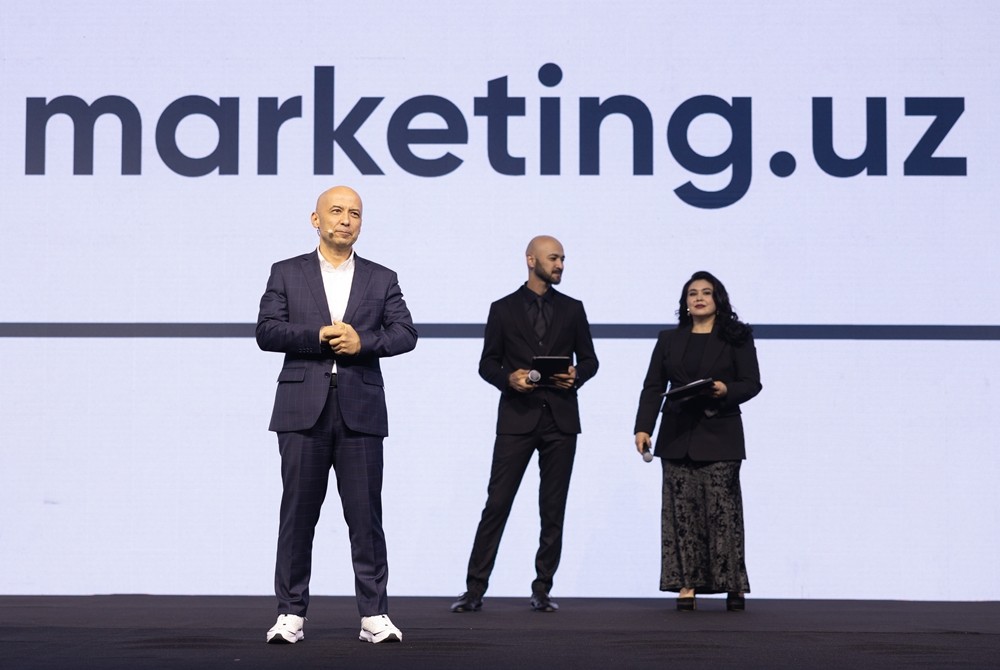
M: What is the boldest marketing idea in Uzbekistan that you would have mentioned, but it didn't work?
DM: Marketing and business is a survivor's field. In other words, if the idea didn't work out, then it wasn't finalized. Also, it all depends on the market: somewhere the idea may be in demand and attractive, and somewhere not. Don't overestimate the possibilities. You should build a competent strategy. All those who deserve to be remembered are alive, healthy and developing. And those who did not succeed simply did not finish marketing.
M: How would you explain marketing to a 10-year-old who wants to sell lemonade?
DM: To a ten – year-old child, I would say this: marketing is how to make what you are good at useful and enjoyable for other people.
M: Me I told you with Sergey Lelikov. He said the following: "You have Dier Mirzaakhmedov – a person who really sees the future. Take care of it! I think Uzbek entrepreneurs need to look up to him, because he sets the right direction, gathers progressive people who strive for new things."
How would you describe the direction you are setting?
DM: My direction is to recognize the success of worthy people. As they say, it is necessary to help the talented, the non-talented will break through themselves. There should always be someone who creates a system that recognizes successful and better results. And all the projects of the Marketing Association are the distribution of awards and attention.
There is an Indian parable. In short, two wolves live in a person. Good and evil. If you ask who wins over whom, the answer is simple – the one you feed. When people are attuned to negativity, it spreads. By the way, more attention is paid to it. But there are only a few projects that spread the "positive" message. Here is our task – to "feed" the good wolf. Talk about the best ones. Show examples. To make them equal. To create a request for professionalism.
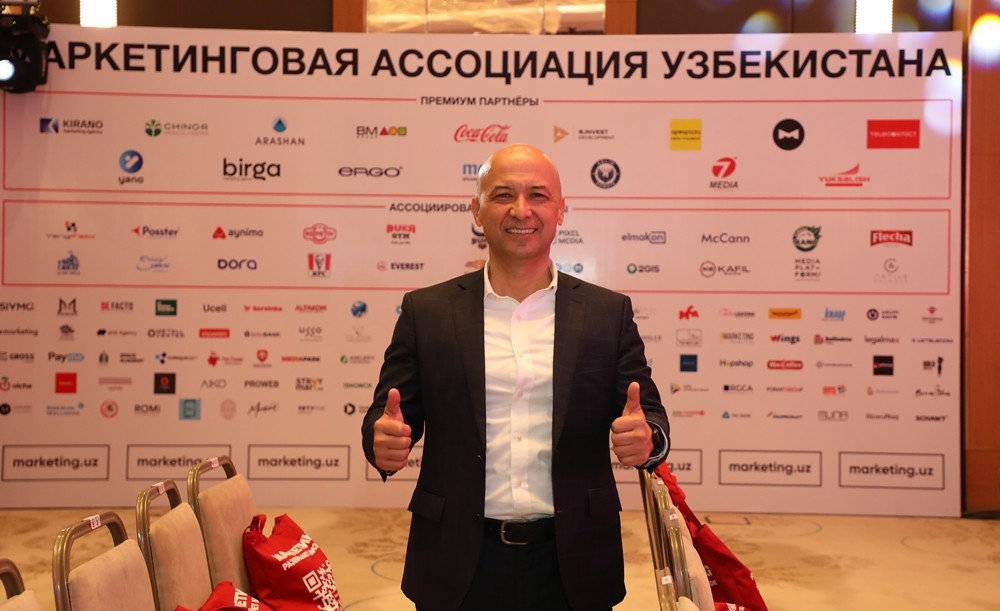
M: Does Uzbekistan have a chance to create a world-class brand as iconic as Apple or Nike? What do you think about it?
DM: In a sense, Uzbekistan is already a world-class brand. We have a rich and recognizable culture: Uzbek cuisine, medieval architecture, ikat, ceramics, as well as world-famous poets and scientists. All these are unique elements of our national brand.
But if we talk about modern achievements, we still have a lot to strive for. To create truly innovative products and strong brands, you need a developed creative environment and a large-scale domestic market. Let's remember where Nike or the iPhone came from-it's the US, where there is demand, resources, and opportunities to scale. In China, it's the same story: a huge market allows you to grow and develop quickly.
Our market is still smaller, and the level of creativity is not up to global standards. Therefore, today we rely more on the cultural heritage and the era when Central Asia was one of the most developed and influential regions in the world. But the changes that are taking place now are encouraging... perhaps they will lay the foundation for creating a new, strong brand in Uzbekistan.
M: Let's imagine that it is you who are promoting Uzbekistan on the world market. What would you do as a marketer?
DM: First of all, I would focus on the strengths that Uzbekistan already has.
The first is hard work. In the world, we are known as a nation of hardworking people. The second is hospitality. Such a warm and sincere attitude towards guests is rare, and it is really highly appreciated. The third is a high level of culture and safety. Uzbekistan is one of the most peaceful and safe countries. Here you can safely walk around the streets without fear of theft. Those who complain about crime simply haven't experienced what's happening in New York, Rio de Janeiro, or even Paris. Our people are not afraid to leave the car unlocked, which says a lot.
On the basis of these three qualities (hard work, hospitality and decency), you can build a strong national brand. The only question is to learn how to pack it beautifully and correctly. So far, unfortunately, this is not enough.
M: Can you tell us what projects you are currently working on? What are you planning in the near future?
DM: Now we are preparing the eighth Brand of the Year award, which is now called Brand Award Central Asia. This year, for the first time, we will present the idea of calculating the cost of brands. I think this is a fundamentally important step.
Entrepreneurs often show off their cars, buildings, and equipment. But in reality, the essence of business is in margin, in added value. It is the brand that allows you to sell the product more expensive. Take the iPhone, for example: its cost price is not comparable to the retail price. The main profit remains with Apple, and not with production contractors. That's what brand power means. Our goal is for Uzbek companies to learn how to measure the value of their brands, understand where they are located and where they can grow.
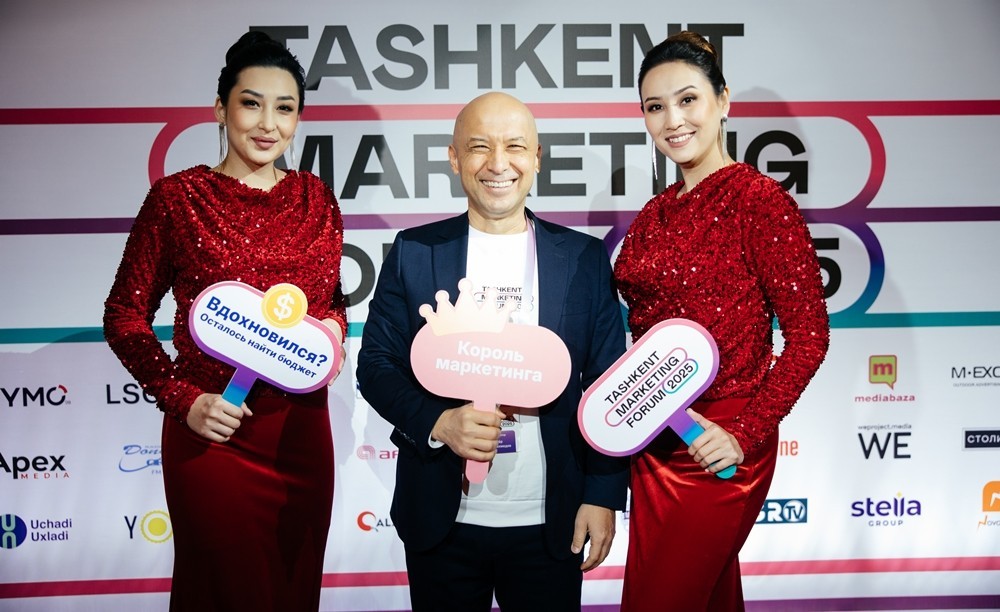
In addition, the Tashkent Advertising Festival will be held in October — TAF!. For the first time in an international format.
We implement a number of projects within the framework of the Marketing Association – the largest in terms of the number of legal entities in the CIS. We have more than 200 partners, and all work with us voluntarily, without state support-on crowdfunding.
This is our pride. We have become a benchmark for other industry associations, and our events are recognized as one of the largest and most influential in the region. We are planning an active expansion in the next two years and are happy to invite everyone to our events.
M: Is there any ambitious project that is still only in the plans? Maybe personal?
DM: Yes, I have. We are preparing to publish a book on marketing for business owners. Marketing is often perceived as something abstract and incomprehensible. Someone confuses it with advertising, someone with PR. But this is a broader area.
We've collected 20 of the most common questions entrepreneurs ask about marketing, and given them practical and clear answers. The book is written in Uzbek. Each question is accompanied by a case study from local or international practice to clearly show how it works.
The book will include tests that will help the reader assess their own level of knowledge in marketing. It is important that this is not a translation, but an original edition. There is almost no high-quality literature on marketing in Uzbek. We want to give access to knowledge to those who do not read Russian or English. The book is already in the final stage. We plan to release it by June.




